Pacific Unemployment Soars to 12.1% as Families Struggle with Rising Costs

Pacific Unemployment Soars to 12.1% as Families Struggle with Rising Costs
Pacific unemployment has spiked to 12.1 percent – more than double the national average – with community leaders warning that the combination of job losses, high living costs, and cuts to essential services is pushing many families to breaking point.
“It’s beyond shameful that more of our Pacific communities are losing their jobs because of Christopher Luxon’s choices,” Pacific Peoples spokesperson Carmel Sepuloni said.
“At a time of struggle, National’s $22 million cut to the Tupu Aotearoa Pacific employment programme, which has helped thousands into work, couldn’t have been more out of touch.
At the same time the cost of living is only increasing, with food, electricity and housing costs all going up. It’s no wonder so many of our Pacific people are considering crossing the ditch, with huge job losses in areas like construction – a sector where many Pacific people work.”
For many, life in New Zealand has become unsustainable.

“Why are meat, fruit, and vegetables so expensive here? We budgeted for $300 grocery shopping last week to feed a family of five, and it was barely any meat, a bag of bananas and apples, and frozen mixed veges because the healthy options are pricey. It’s cheaper to eat fish and chips or grab hot chips and bread.”
Pacific Families Are Struggling with the Cost of Living Crisis: Our Kids Are Going Hungry
Pasifika food banks and social services providers are increasingly concerned over Pacific families in New Zealand being crushed by the cost of living crisis, citing high rents, expensive groceries, and skyrocketing electricity bills making it impossible to get by. The picture of our Pasifika kids going hungry has never been painted more acutely with parents being forced to make brutal choices every week about which bill to pay, what meal to skip, and how to keep the lights on.

No Improvement in Material Hardship for Pacific Children
According to The Salvation Army’s State of the Nation 2024 report, Pacific children are the hardest hit. Despite the government talking about declining child poverty rates, the report stated that Pacific children have seen no improvement in material hardship since 2019. They make up just 14% of all children but account for a third of those living in material hardship. Pacific families are being left behind, and no one seems to care.
Real Families, Real Struggles
Salā, Father of 5, Homeowner in Manurewa
“My annual salary is in the $70k-plus area, but with the cost of living and mortgage repayments, I’m left in the red by about $100 a week. That money has to come from either a mortgage payment or a car payment, but I pre-warn my lenders so they don’t throw random penalties at my account. I usually choose the mortgage because it’s harder to repossess a house, and I can catch up in a few weeks, which means tattooing and selling prized possessions.
If it wasn’t for my kids and grandkids, I would be in Australia, not slaving here.”
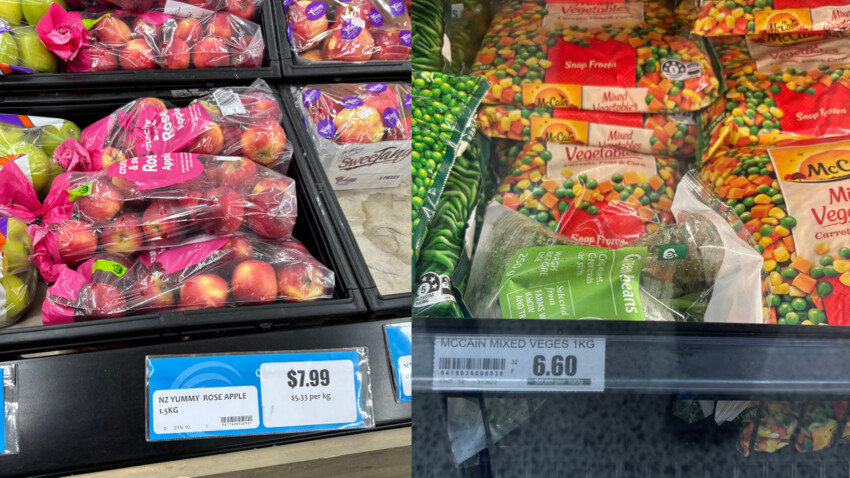
Joseph, Parent of 7, Recently Moved Back from Melbourne
“We are so strapped for cash here it’s not even funny. In Australia, the cost of living is a lot more bearable due to lower rent costs, cheaper petrol, and better wages with penalty rates. We were living off two incomes in Australia and did not feel like we were struggling. In Auckland, we need three incomes just to keep our head above water because the weekly rent is at least $800 for a 4-bedroom. That’s barely one income gone, with no spare change for weekly expenses like bills, food, and petrol.
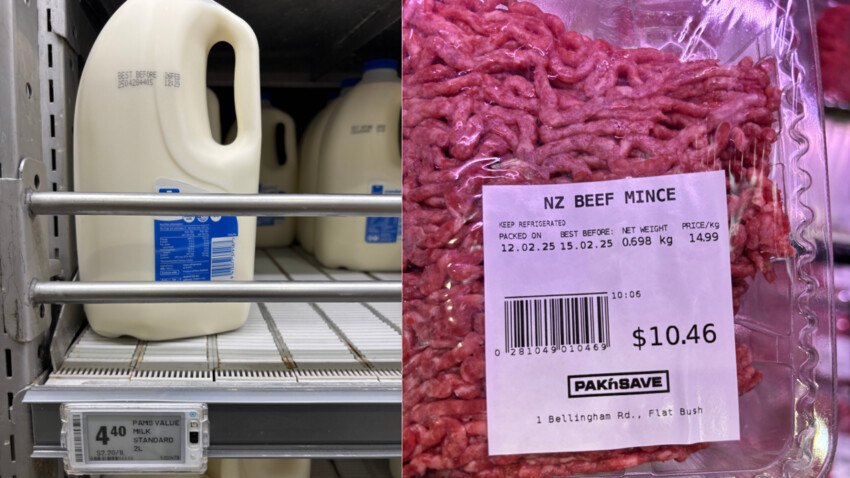
This is why more working families are asking food banks for help on a regular basis. We get no help from WINZ because we’re above a ‘threshold’ that hasn’t moved enough to reflect the real cost of living and inflation. You have to be absolutely broke to receive help from the government or be on six-figure salaries to live comfortably. That leaves the working-class families in the middle, sitting in a black hole, hustling every week just to get by!”
Eating Healthy is a Luxury
Joseph also shared his frustration with food shopping: “Why are meat, fruit, and vegetables so expensive here? We budgeted for $300 grocery shopping last week to feed a family of five, and it was barely any meat, a bag of bananas and apples, and frozen mixed veges because the healthy options are pricey. It’s cheaper to eat fish and chips or grab hot chips and bread.
The system is rigged to keep our Pasefika families struggling and overweight, riddled with health problems.”
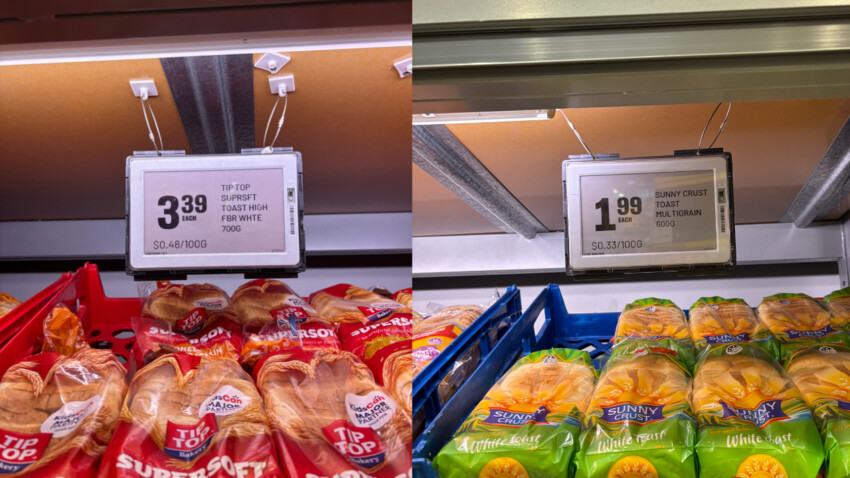
Prices at the local grocery stores like Pak n Save, Countdown and Fresh Choice have skyrocketed. A bag of apples costing $7 and grapes being a whopping $13. Items that were once considered ‘essentials’ like cheese are now major luxuries with prices of cheese hitting $14-$19.It’s getting harder and harder to feed our children, let alone feeding them healthy meals. So it’s more important than ever that the school lunches are delivered daily, on time and to an edible standard. But it seems the government can’t even get that right either.
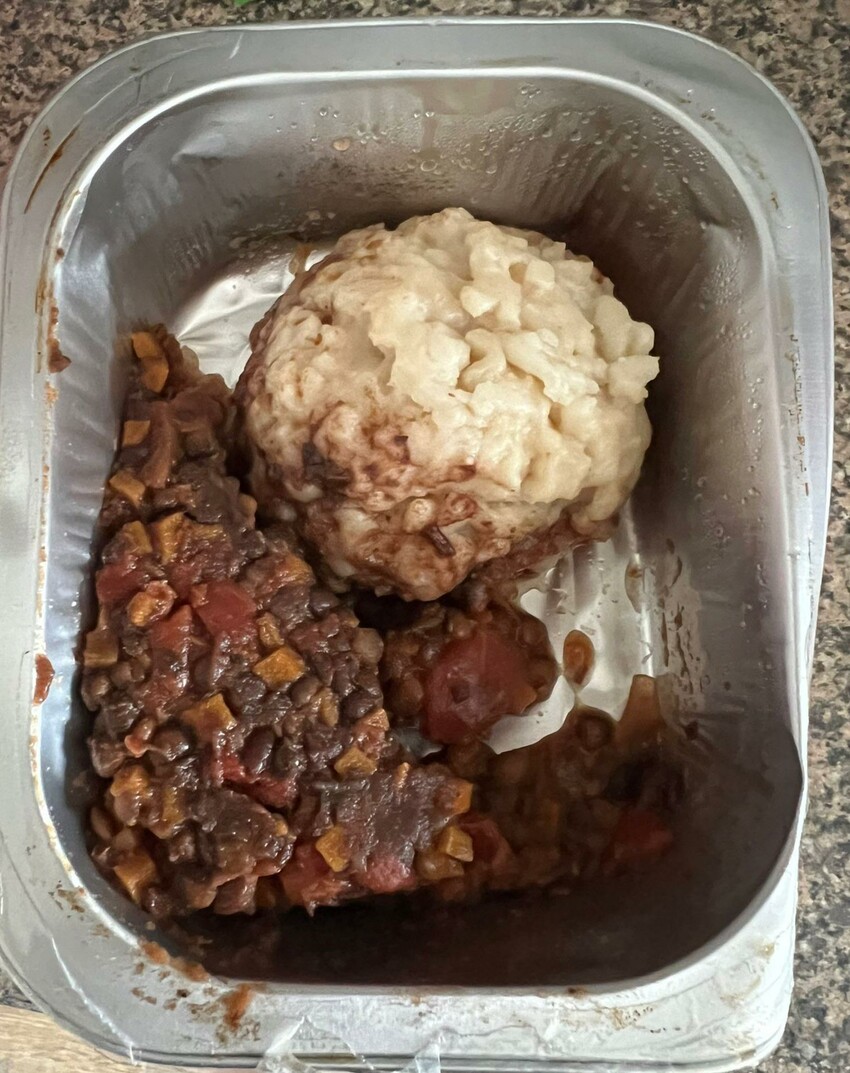
Electricity Prices are Pushing Families Over the Edge
It’s not just food. Electricity prices are forcing families to make impossible choices. According to public health researchers from the University of Otago, low-income households spend over 7.5% of their income on electricity, compared to high-income households who spend less than 1.5%.
“Those most vulnerable to energy poverty have already cut back on electricity use as much as possible. As prices continue to rise, there is no wiggle room for these households. In many cases, people tell us they are only keeping the lights and the fridge on, cutting back on washing, showering, cooking, and rarely or never heating their homes,” says Dr. Kimberley O’Sullivan.

Why Are Pacific Families Struggling the Most?
- Low Wages and High Unemployment: According to the report, Pacific workers are more likely to be in low-paying jobs or unemployed. In September 2023, the unemployment rate for Pacific people was 8.1%, more than double the national average of 3.8%. Low wages and job insecurity mean families can’t keep up with rising costs.
- Rising Living Costs and Energy Expenses: The report stated that food prices have gone up by 11% over the past year, and electricity bills are squeezing tight budgets even more. Pacific families are turning to food banks just to get by, and parents are skipping meals so their kids can eat.
- Housing Costs are Out of Control: High rents and low wages are driving housing insecurity, with many Pacific families living in overcrowded or unhealthy conditions. Joseph put it bluntly: “In Auckland, the weekly rent is at least $800 for a 4-bedroom, and we need three incomes just to keep our head above water. That leaves no spare change for weekly expenses like bills, food, and petrol.”
- No Help from the Government: The report highlighted that many Pacific families don’t qualify for government assistance because they’re above a ‘threshold’ that hasn’t kept up with the real cost of living. They’re stuck in the middle, working hard but unable to get ahead.
What is the government doing about it?

Since they have come into Parliament, the current coalition government has cut funding to foodbanks like Dave Letele’s BMN group & the Auckland City Mission’s food parcel programme
Dave Letele speaks on the government’s funding cuts “It’s an absolute disgrace - it’s almost as if they just don’t care. The powers at be just don’t care….How can we have hungry children in New Zealand? So not only are there more people going without - there’s less support that’s out there”
Opposition Minister for Social Development Carmel Sepuloni has been vocal about her concerns for the impacts of these cuts on Pasifika people stating the below
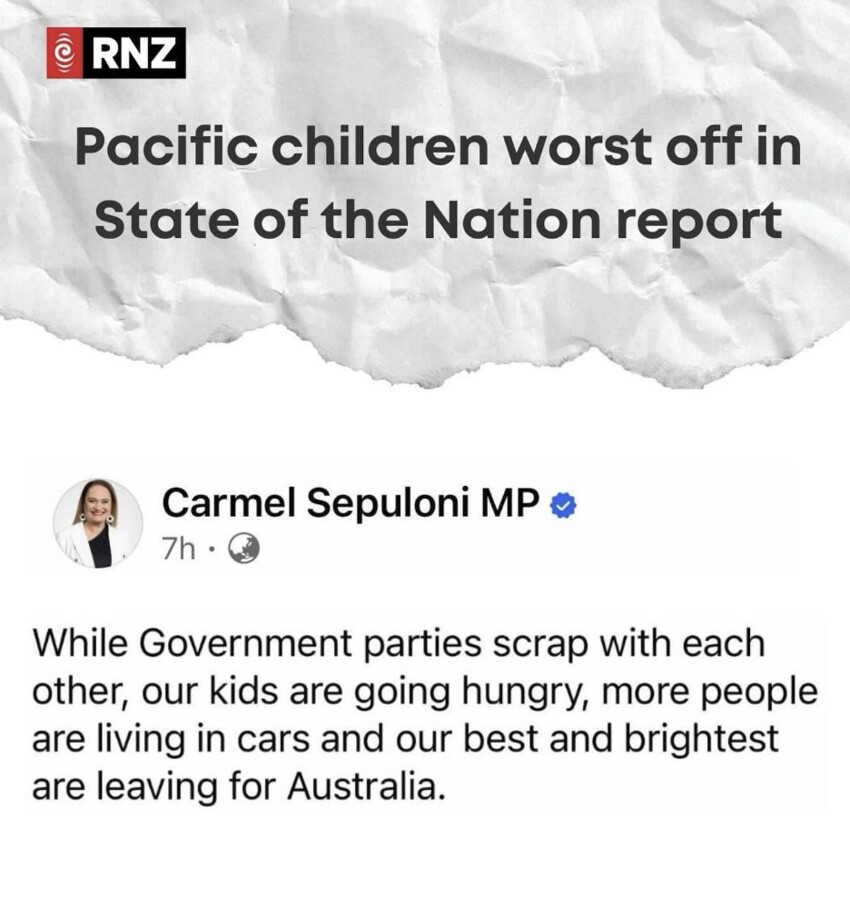
These are hard impacts for Pasifika - behind these headlines live the people on the breadline who are now feeling the hit with these supply lines to our most vulnerable gone.
